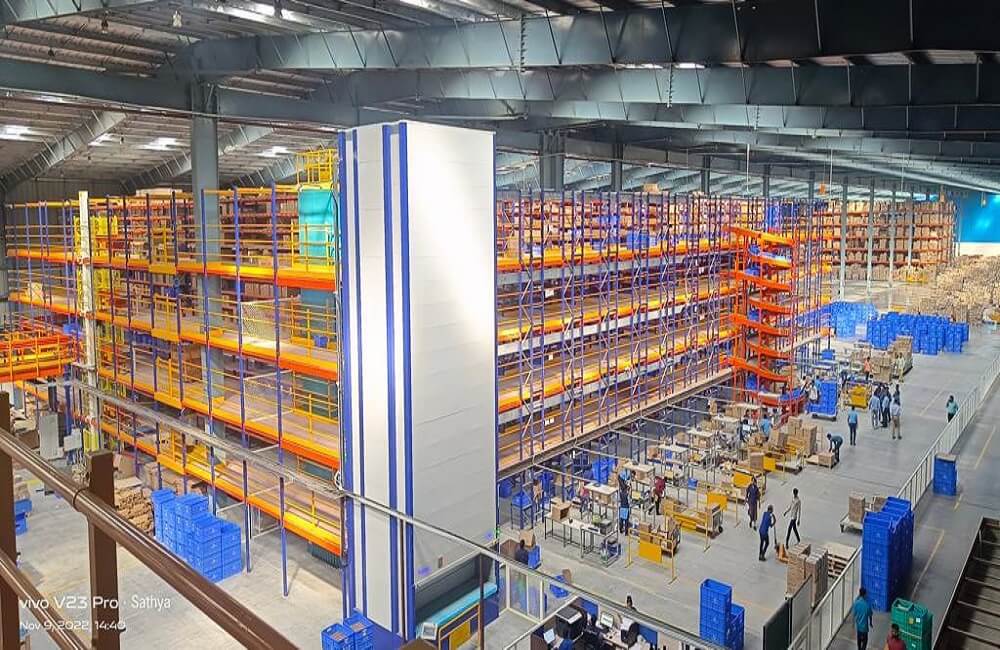In an exclusive interview with ET Insights, Shashi Kiran Shetty, founder and chairman of Allcargo Group, emphasises the importance of embracing digitization for the logistics industry and discusses key measures that organisations must implement to accelerate towards green logistics.
Edited excerpts:
How, in your opinion, has the industry incorporated digitisation in recent years? Which sectors’ main areas have benefited the most?
It is remarkable how well the logistics industry has adapted to the rapid pace of digitization, particularly post-COVID, and how it continues to be resilient and adaptable in the face of uncertainties that currently affect global trade and the economy. The entire supply chain, from procurement and manufacturing to warehousing, distribution, and last-mile logistics, is experiencing new levels of efficiency due to tools, technology, software, and automation that streamline operations. Business model innovations in sectors like retail and manufacturing – D2C, quick commerce, distributed manufacturing, and flexible reverse shipments, are being largely driven by a digital-first approach. Efficiencies driven by digital transformation are also likely to directly impact ESG and climate goals for entities across the logistics ecosystem.
What key measures should organisations take to accelerate their transition to green logistics?
With a consciousness about the carbon emissions of the logistics sector, and rightfully so, assessment, evaluation, and peer reviews are a good place to initiate the move towards sustainability and green logistics. Network and route optimisation using technology, warehousing design, and construction that integrates sustainability measures like resource conservation and optimal consumption, the use of electric vehicles and fuel-efficient transportation, and the use of technology to eliminate redundancies, duplication, and waste are just a few of the many aspects that organisations can consider. Each one of these areas opens multiple avenues and immense possibilities to reduce the carbon footprint of the sector. And it would work very well for corporations to collaborate with niche start-ups on solving one challenge at a time with focused attention, to accelerate the logistics industry’s zero-emission transition. At Allcargo Group, we have taken a strategic approach to sustainability and are working with global consultants and leading technology experts to contribute to a greener, more sustainable planet.
In what way are logistics enhancing businesses ability to scale last-mile delivery?
Businesses all over the world are changing their supply chains to keep up with the changing business environment, changes in demand and supply, and rising customer expectations. Logistics providers are making this change possible by giving businesses more visibility, transparency, and control over how their cargo moves. This helps businesses focus more on their customers. With the boom in e-commerce, logistics sectors like warehousing, 3PL, and contract logistics are integrating technology that enhances human capital, so businesses can boost productivity and make timely deliveries. The use of electric vehicles (EVs), like our group company Gati is doing in Hyderabad for one of the world’s leading furniture retailers, has the potential to scale up last-mile deliveries, while also increasing sustainability and reducing the carbon footprint. Further, by using technology to optimise routes and schedules, leveraging data science and analytics for predictive analysis and informed decision-making, developing customer-centric applications that help collect, store, and share accurate data in real-time, and enabling digital payments, logistics service providers are playing a key role in scaling up last mile deliveries for customers.



